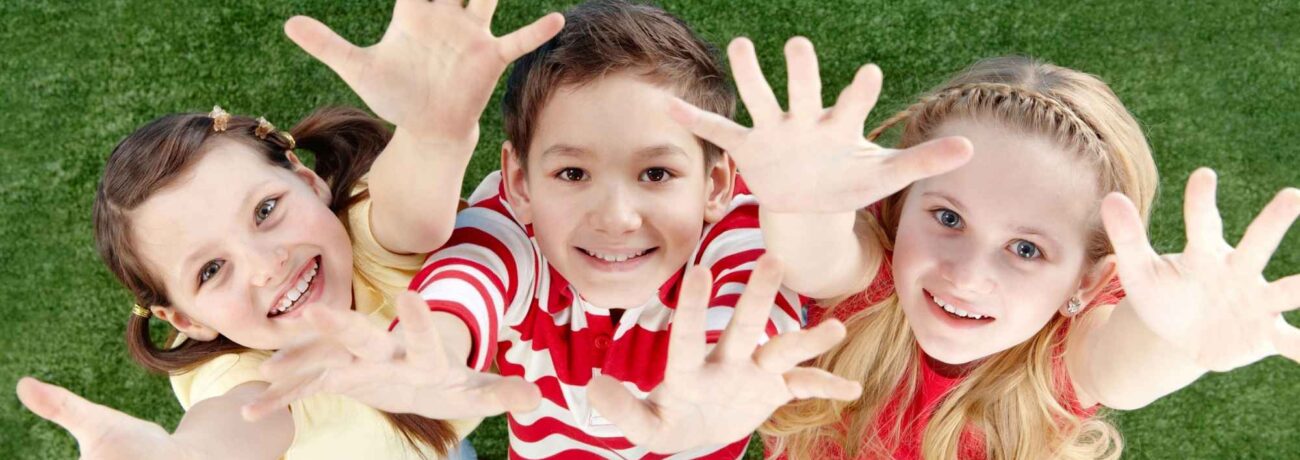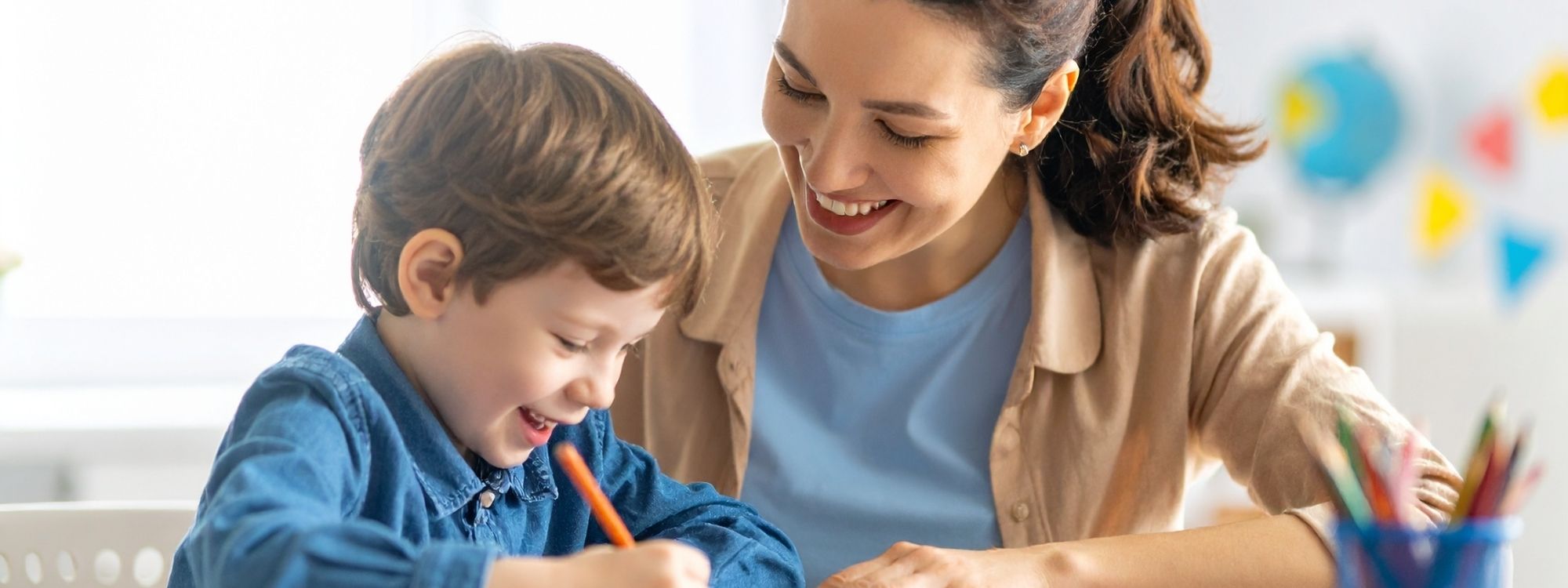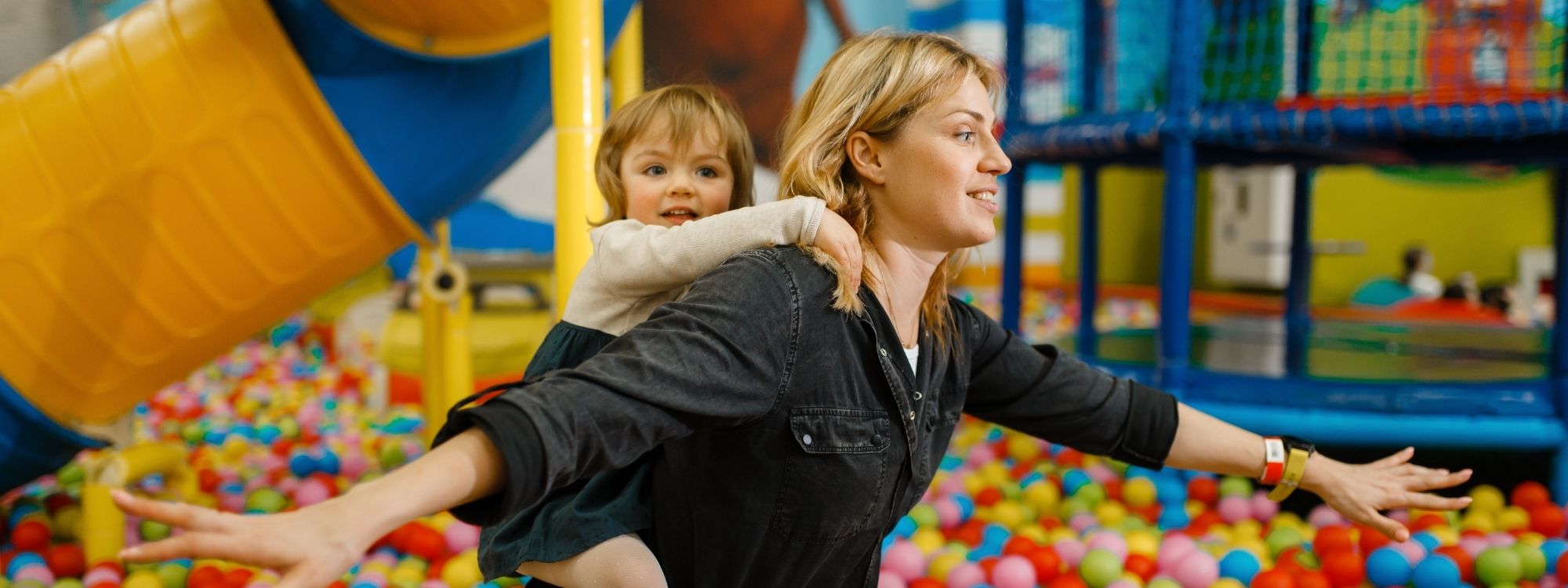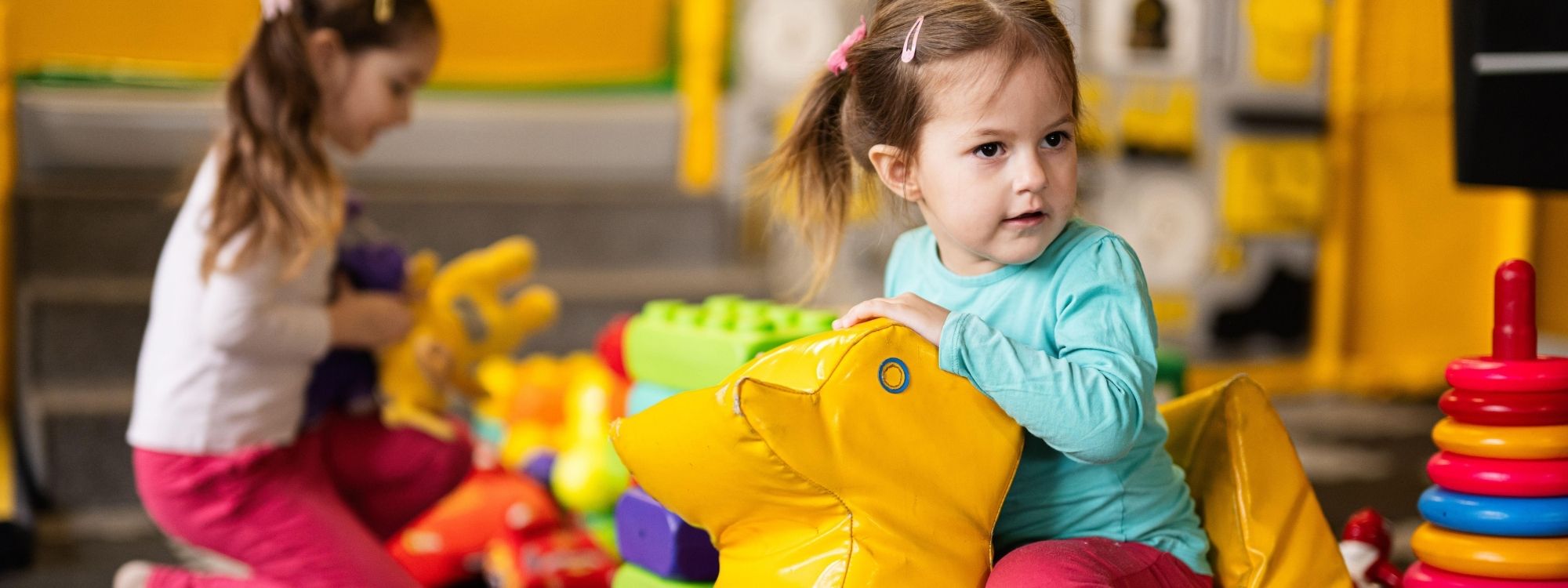Developing Social Skills in Autism: Proven Strategies
For many parents, one of the biggest challenges of autism spectrum disorder (ASD) is seeing their child struggle with friendships, conversations, and group activities, especially for autistic people. Developing social skills in autism goes far beyond eye contact or small talk; it involves equipping children with the confidence and tools they need to form connections, participate in classrooms, and engage in their communities. Research shows that structured social skills training can significantly improve communication, peer interaction, and independence, particularly when introduced early in a child’s development.
Families in Connecticut, Massachusetts, and Colorado have access to specialized programs through Champions ABA that target social communication, peer practice, and individualized intervention. Our Board Certified Behavior Analysts (BCBAs) and skilled behavior technicians design treatment plans that meet each child’s unique needs and guide them step by step toward meaningful growth, particularly emphasizing early intervention .
What Does Developing Social Skills in Autism Mean?
Developing social skills in autism refers to teaching children with ASD how to understand, practice, and use communication skills and relationship-building behaviors in everyday life. These include making eye contact, taking turns, starting conversations, interpreting facial expressions, and managing emotions during interactions.
Many autistic children face difficulties with interpreting social cues, which can affect their ability to connect with peers or join group activities. Social skills instruction is not about forcing neurotypical behaviors but about providing tools that make interactions easier and more rewarding. By working on targeted skills, children can experience greater social motivation, stronger peer relationships, and improved self-esteem, leading to more positive social interactions .
BCBAs play a key role in this process by assessing a child’s strengths and challenges, setting goals, and designing step-by-step interventions. This ensures that strategies are measurable, evidence-based, and adapted to each child’s development while focusing on particular skills needed for success .
Why Social Skills Matter for Children with Autism
Strong social skills are linked to better long-term outcomes for children with autism, including success in school, friendships, and independence. Without support, social difficulties may lead to isolation, anxiety, or problem behaviors, ultimately affecting the ability to have successful social interactions. Conversely, children who learn conversational skills, emotion recognition, and cooperative play often find it easier to participate in classrooms and community settings.
A meta-analysis of social skills interventions for autistic children found that targeted programs improved peer relationships and classroom engagement. These gains extended beyond therapy settings, showing how structured instruction supports generalization into daily life.
Families in Connecticut, Massachusetts, and Colorado often share that early, targeted support helps their children not only make friends but also maintain them, something that can feel impossible without guidance. Champions ABA designs programs that blend structured sessions with real-world practice, such as play dates, ensuring children are prepared for success in multiple environments.
Evidence-Based Strategies for Developing Social Skills
Evidence-based strategies for developing social skills in autism focus on structured, research-backed methods that teach communication and social interaction step by step. Because every child on the spectrum has unique strengths and challenges, therapists often combine multiple approaches to create individualized programs. This ensures that social skills training is both effective and adaptable across home, school, and community settings.
Applied Behavior Analysis (ABA) for Social Skills
ABA therapy is a cornerstone of social skills instruction. Through methods like discrete trial training, natural environment teaching, and pivotal response training, ABA helps children break down complex behaviors into manageable steps. Reinforcement ensures skills become part of daily life.
Modeling and Role-Play
Practicing scenarios such as greeting a peer, joining a game, or resolving conflict helps children rehearse behaviors in a safe, supportive space. Behavioral rehearsal builds confidence as children practice social skills before they apply these skills in real-life settings.
Social Stories and Visual Supports
Social narratives and visual schedules teach children what to expect in different situations. For example, a social story about lunchtime can show when to line up, how to ask a friend to sit together, and what to say when finished.
Video Modeling
Watching videos of peers or adults successfully performing social behaviors allows children to learn by observation. Studies show video modeling is particularly effective for teaching conversational exchanges and emotion recognition among other children .
Champions ABA integrates these strategies into individualized treatment plans, ensuring social skills development is consistent, measurable, and transferable across home, school, and community.
Social Skills Activities for Home and School
Children make the most progress when skills learned in therapy are practiced in natural settings. Parents and teachers play a vital role in reinforcing social behaviors outside the clinic, particularly in various social situations.
Here are a few examples:
- Turn-taking games: Board games, card games, or simple activities like rolling a ball back and forth help children practice patience and cooperation.
- Structured playdates: Guided peer interactions with clear goals, such as sharing toys or taking turns in pretend play.
- Emotion recognition activities: Using picture cards, mirrors, or storybooks to practice identifying facial expressions and matching them to feelings.
- Role-play routines: Practicing conversations, greetings, or classroom participation through short skits.
- Group activities: Sports, music classes, or art sessions where children practice teamwork and social exchanges.
Champions ABA’s parent training program equips families with the knowledge to apply these activities at home, ensuring children get ample opportunity to practice skills in meaningful, everyday contexts.
How to Choose the Right Social Skills Program
Not all social skills programs are created equal. Parents should look for structured, evidence-based options that provide individualized support, potentially involving other professionals .
Checklist for evaluating a program, especially in a school setting :
- Oversight by a Board Certified Behavior Analyst (BCBA).
- Individualized treatment plans tailored to the child’s goals.
- Data-driven progress tracking and regular reviews.
- Peer matching to ensure practice with age-appropriate groups.
- Opportunities for parent involvement and carryover at home.
Comparison of Program Settings
| Setting | Benefits | Considerations |
|---|---|---|
| In-Home | Comfortable environment, direct parent involvement | Limited peer interaction |
| Center-Based | Structured environment, access to peer groups, trained staff | Less flexibility with the schedule |
| Social Skills Groups | Peer practice, real-world scenarios | Works best when paired with individual goals |
Schedule a consultation with Champions ABA to find a social skills program that best matches your child’s needs and family goals.
Measuring Progress in Social Skills Development
Measuring progress is critical to ensure strategies are effective. Goals must be specific, measurable, and regularly reviewed.
Examples of measurable goals include:
- Initiating play with a peer twice during a session.
- Maintaining eye contact for at least five seconds.
- Sharing a toy without prompting.
BCBAs at Champions ABA collect data in every session and adjust strategies as needed. This ensures that children are not just practicing social behaviors but are also generalizing them across settings. Parents are included in progress reviews so they can reinforce learning at home.
Supporting Social Skills Through Different Life Stages
Supporting relational skills through different life stages means adapting strategies and interventions to match a child’s age, developmental level, and social environment from early childhood through the teenage years and into young adulthood.
Early Childhood
Focus is on imitation, joint attention, and play. Skills such as sharing, following simple rules, and initiating communication are emphasized.
School-Age Children
Interventions target teamwork, classroom routines, and building friendships. Activities include group projects, role-play, and structured social skills instruction.
Teenagers and Young Adults
At this stage, programs address more complex skills like maintaining friendships, safe dating, independence in community activities, and preparing for the workplace. Champions ABA adapts therapy plans to ensure continuity and relevance as children mature.
Why Families Choose Champions ABA
Families choose Champions ABA because of our individualized approach. Unlike generic programs, our treatment plans account for each child’s strengths, challenges, and family dynamics. Services are available across Connecticut, Massachusetts, and Colorado, making it easier for families to access high-quality care close to home.
Champions ABA works with schools, healthcare providers, and families to ensure consistent strategies across settings. Parents receive ongoing training, making them partners in their child’s progress. One parent shared how their child, once unable to join peer activities, now confidently participates in group games thanks to structured role-play and social skills training.
Building Social Confidence Through Community Involvement
Social skills extend beyond therapy sessions and classrooms. Community involvement, such as participating in local clubs, sports teams, library programs, or faith-based groups, gives children the chance to practice their skills in natural environments. These experiences help build confidence, strengthen communication, and allow many children to connect with peers who share similar interests.
Champions ABA supports families in integrating community-based opportunities into treatment plans. By coordinating with schools, extracurricular groups, and local organizations, our team ensures children can safely and successfully apply what they learn in therapy to real-world settings. This holistic approach helps families see progress where it matters most out in the community.
Empowering Parents as Partners in Social Skills Development
Parents are often the most important partners in a child’s social development. By learning the same strategies therapists use, like role-play, prompting, and positive reinforcement, parents can continue teaching and practicing skills during daily routines. Parent-led practice makes social skills more natural for children and ensures consistency across therapy, home, and community environments.
At Champions ABA, parent training is built into every program. Families receive coaching and resources to help them manage challenges, set goals, and celebrate progress. When parents are empowered to actively participate, children make faster, more lasting gains in their ability to form positive social relationships.
The Role of Schools in Social Skills Development
Schools provide a natural setting for children to practice communication and relationship-building, but many autistic students need extra support to succeed in these environments. Teachers, aides, and school staff can use structured interventions like peer mentoring, visual schedules, and classroom routines to encourage participation and reduce social stress. Integrating individualized education plan (IEP) goals with social skills training ensures that progress is measured and supported throughout the school year.
Champions ABA collaborates with educators and families to align therapy with classroom strategies. By reinforcing skills like turn-taking, group participation, and conversational exchanges, children can transition more smoothly between therapy sessions and academic life. This partnership helps students thrive socially as well as academically.
Technology and Innovative Tools for Teaching Social Skills
Technology has become an increasingly valuable tool in social skills intervention. Programs like video modeling, interactive apps, and virtual role-play scenarios give children the chance to observe, practice, and repeat social behaviors in a controlled environment. Tools such as emotion-recognition apps or visual representation software can also help autistic children interpret facial expressions and nonverbal cues more accurately.
When combined with therapist guidance, these tools create engaging, multisensory learning opportunities that appeal to different learning styles. Champions ABA incorporates evidence-based technologies into individualized treatment plans where appropriate, ensuring children benefit from both traditional methods and modern innovations. This balanced approach helps children build skills that are practical, engaging, and adaptable to everyday life.
Overcoming Common Barriers to Social Skills Development
While many autistic children make progress with structured intervention, challenges like anxiety, sensory sensitivities, or difficulty generalizing skills can slow development. Some children may struggle to carry skills from therapy into unstructured environments like playgrounds or family gatherings. Others may feel overwhelmed in noisy or unpredictable settings, making it harder to engage socially.
To overcome these barriers, therapists use gradual exposure, environmental supports, and positive reinforcement. For example, a child who avoids group play may first practice one-on-one interactions before joining larger activities. Champions ABA tailors strategies to each child’s needs, ensuring that barriers are identified early and addressed with targeted, supportive methods.
Long-Term Benefits of Social Skills Training
The impact of social skills development goes beyond childhood friendships. When autistic children learn how to communicate effectively, interpret social cues, and collaborate with peers, they build a foundation for independence and long-term success. Strong social competence supports smoother transitions into higher education, the workplace, and adult community life.
Research indicates that children who participate in structured social skills programs are more likely to experience positive outcomes in relationships, employment, and self-confidence as they mature. At Champions ABA, therapy plans are designed not just for short-term improvements but for lifelong impact, which includes peer-mediated interventions to enhance social skills.
Conclusion
Developing social skills in autism is a journey that requires structured strategies, consistent practice, and family involvement. With evidence-based tools like ABA therapy, social stories, and role-play, children can make measurable progress in building friendships and participating in daily life.
At Champions ABA, we combine the expertise of ABA therapy, parent training, and diagnostic evaluations to create social skills goals that are practical, measurable, and tailored to each individual. Families in Connecticut, Massachusetts, and Colorado can rely on us to provide structured support in homes, centers, and communities. Contact Champions ABA today to schedule a diagnostic evaluation and begin developing social skills programs that help your child thrive.
FAQs
What is social skills development for autism?
Social skills development for autism refers to the structured teaching of skills like turn-taking, conversation, and emotion recognition. These interventions are designed to help autistic children interact more confidently with peers, family members, and in school settings.
How to help an autistic child socialize?
Parents can help by arranging structured playdates, modeling conversation, and using activities like board games or role-play. Professional programs such as ABA therapy provide additional guidance and measurable strategies. Champions ABA also offers parent training to support families in daily routines.
How to become more social with autism?
Becoming more social involves gradual exposure and practice. Strategies include joining social skills groups, practicing with trusted adults, and learning through role-play or video modeling. With professional support, autistic individuals can build confidence in social exchanges.
How to teach life skills to kids with autism or Asperger’s?
Life skills training involves teaching daily living activities, communication, and social behaviors. Therapists often use visual supports, task analysis, and role-play to break down complex tasks. Champions ABA integrates life skills into both in-home and center-based programs, ensuring children learn in structured and natural settings.



